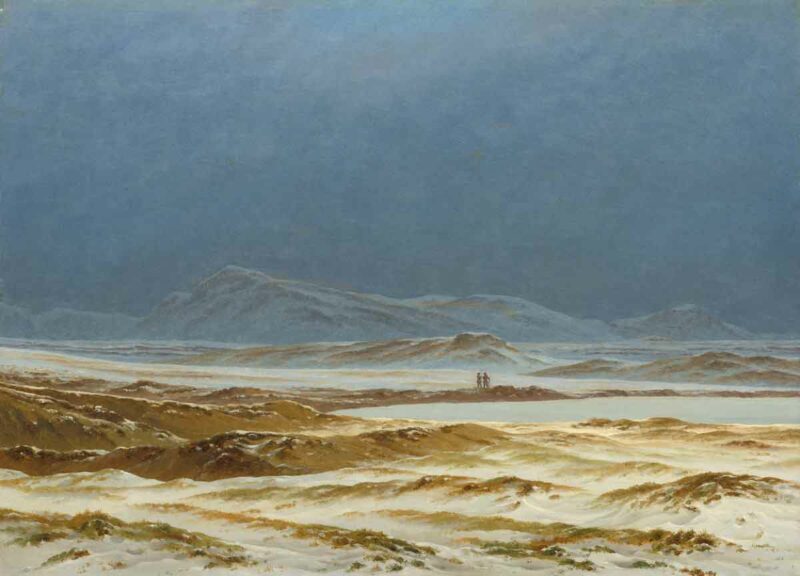History Loops Through the Rediscovery of Ancient Knowledge
Isaac Newton was familiar with the Hermetic principles that probably constitute the remnants of the ancient Proto-Indo-European faith, and through them, was better able to understand the roots of modern physics:
The “Quaestiones” reveal that Newton had discovered the new conception of nature that provided the framework of the Scientific Revolution. He had thoroughly mastered the works of Descartes and had also discovered that the French philosopher Pierre Gassendi had revived atomism, an alternative mechanical system to explain nature. The “Quaestiones” also reveal that Newton already was inclined to find the latter a more attractive philosophy than Cartesian natural philosophy, which rejected the existence of ultimate indivisible particles. The works of the 17th-century chemist Robert Boyle provided the foundation for Newton’s considerable work in chemistry. Significantly, he had read Henry More, the Cambridge Platonist, and was thereby introduced to another intellectual world, the magical Hermetic tradition, which sought to explain natural phenomena in terms of alchemical and magical concepts. The two traditions of natural philosophy, the mechanical and the Hermetic, antithetical though they appear, continued to influence his thought and in their tension supplied the fundamental theme of his scientific career.
The world has never changed. All of our religions are descriptions of the same ideals, but they are reacting to their competition in the past, which means that they alter their statements to be distinctive from other religions. In this way, competition against religions introduces lots of extra data that hides the basic ideas.
Our ancestors the Proto-Indo-Europeans probably looked like contemporary Nordics, had similar intelligence, and opted for a low-technology lifestyle in order to stay mobile. Their religion to us today would resemble philosophy or science more than mysticism, and every now and then, we borrow from them to make sense of what science presents to us.










